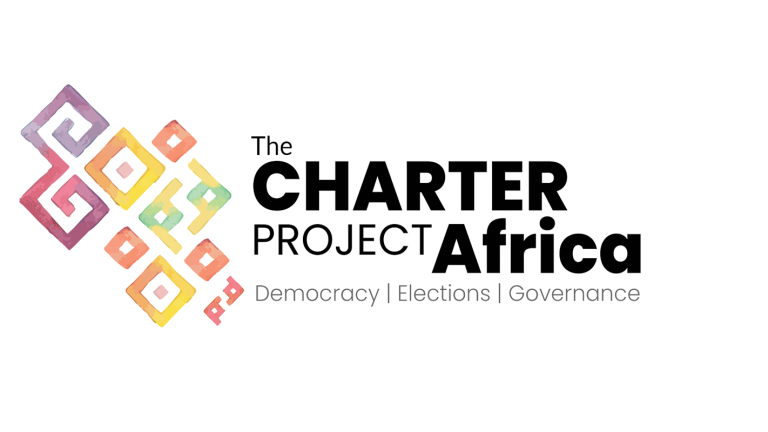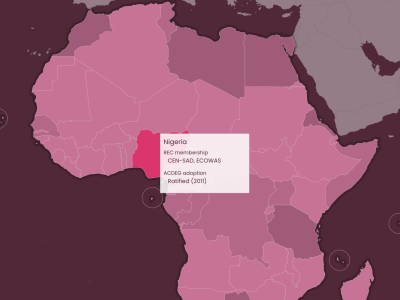
The SADC democracy agenda: Channels, lessons and digital technologies for civil society engagement
Enea Katundu and Nompumelelo Runji from the Democracy Works Foundation and Martin Ronceray look at how civil society organisations can engage with the Southern African Development Community (SADC) when it comes to promoting democratic governance, focusing on the implementation of the African Charter on Democracy, Elections and Governance (ACDEG).
Summary
The Southern African Development Community (SADC) traces its roots to a coalition against apartheid-era South Africa, a country it welcomed as a member in 1994 before expanding towards Central Africa. Like other regional communities, SADC responds to the impetus of its member states. It has a commitment to be responsive to the needs of citizens as well, and formal structures allow for civil society and the private sector to engage with SADC.
In this paper, we look at the role the SADC plays in democratic governance, zooming in on how civil society engages with the bloc and how such engagement can be strengthened, including through digital technologies. It complements case studies focusing on EAC and SADC.
We find that an additional non-state actors engagement mechanism, which has been under discussion for a while, could enhance civil society’s ability to cooperate with SADC, but it is unclear if and when the framework will be adopted. This leaves civil society to engage on an ad hoc basis, hindered by a lack of information on the community’s agenda, and facing questions of its own legitimacy and ability to structure itself.
A new framework on digital technology and some innovations may help to connect the regional and grassroots levels. But they are unlikely to bridge the gap between SADC and civil society without an overhaul of structures and changes in perceptions and practices at the level of the bloc, its member states and civil society itself.
Other case studies
This paper was produced for the Charter Project Africa.












